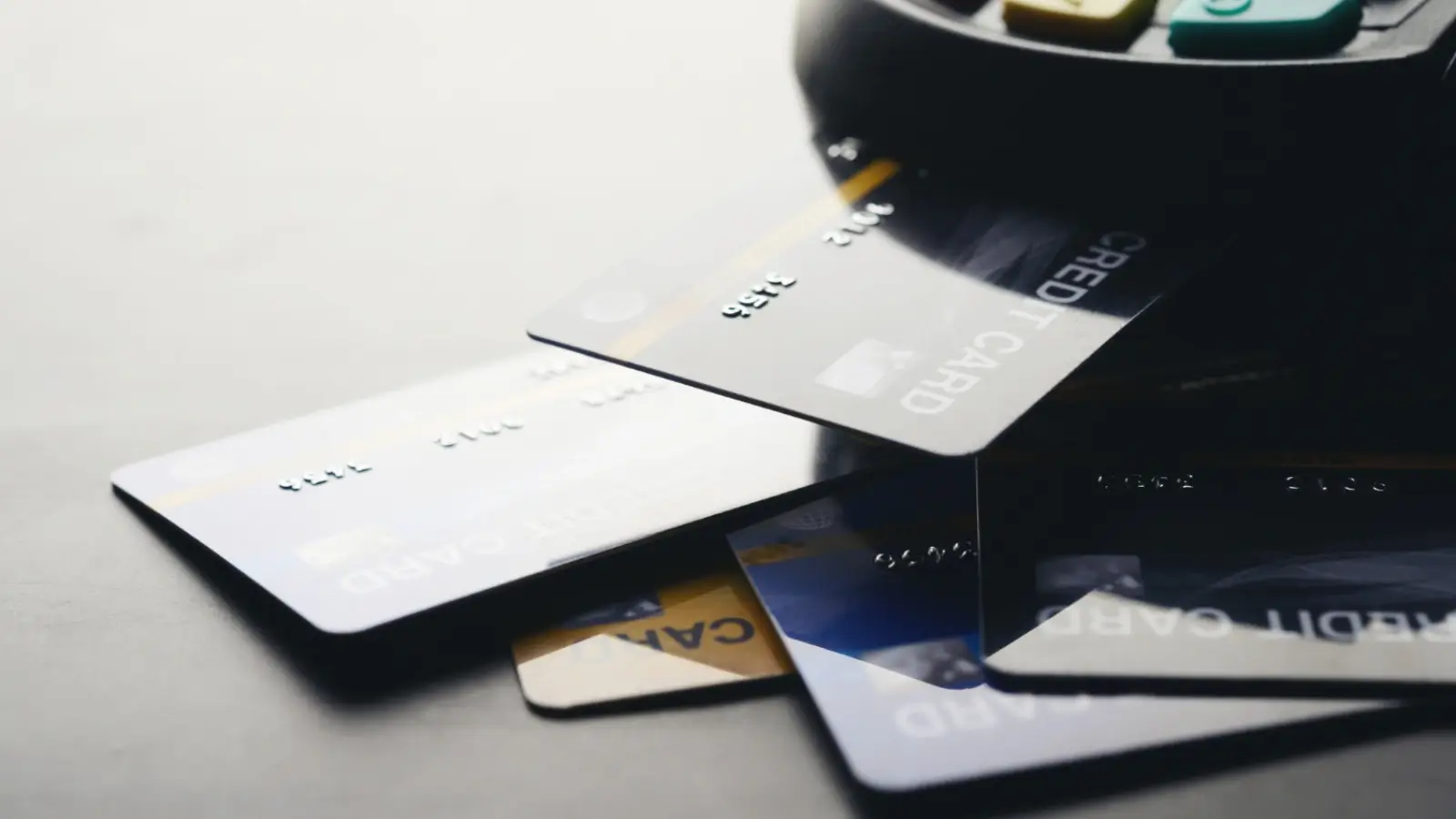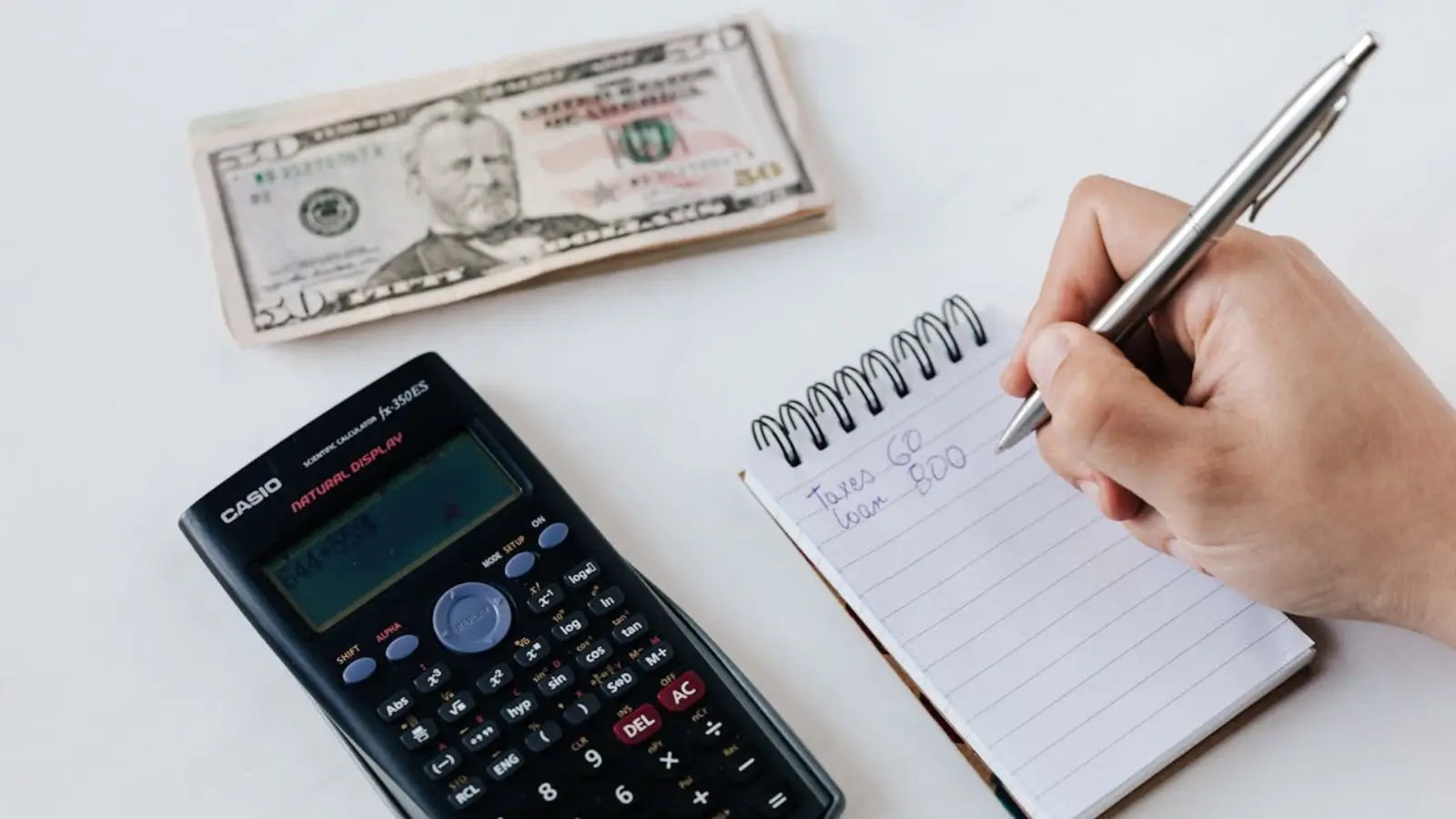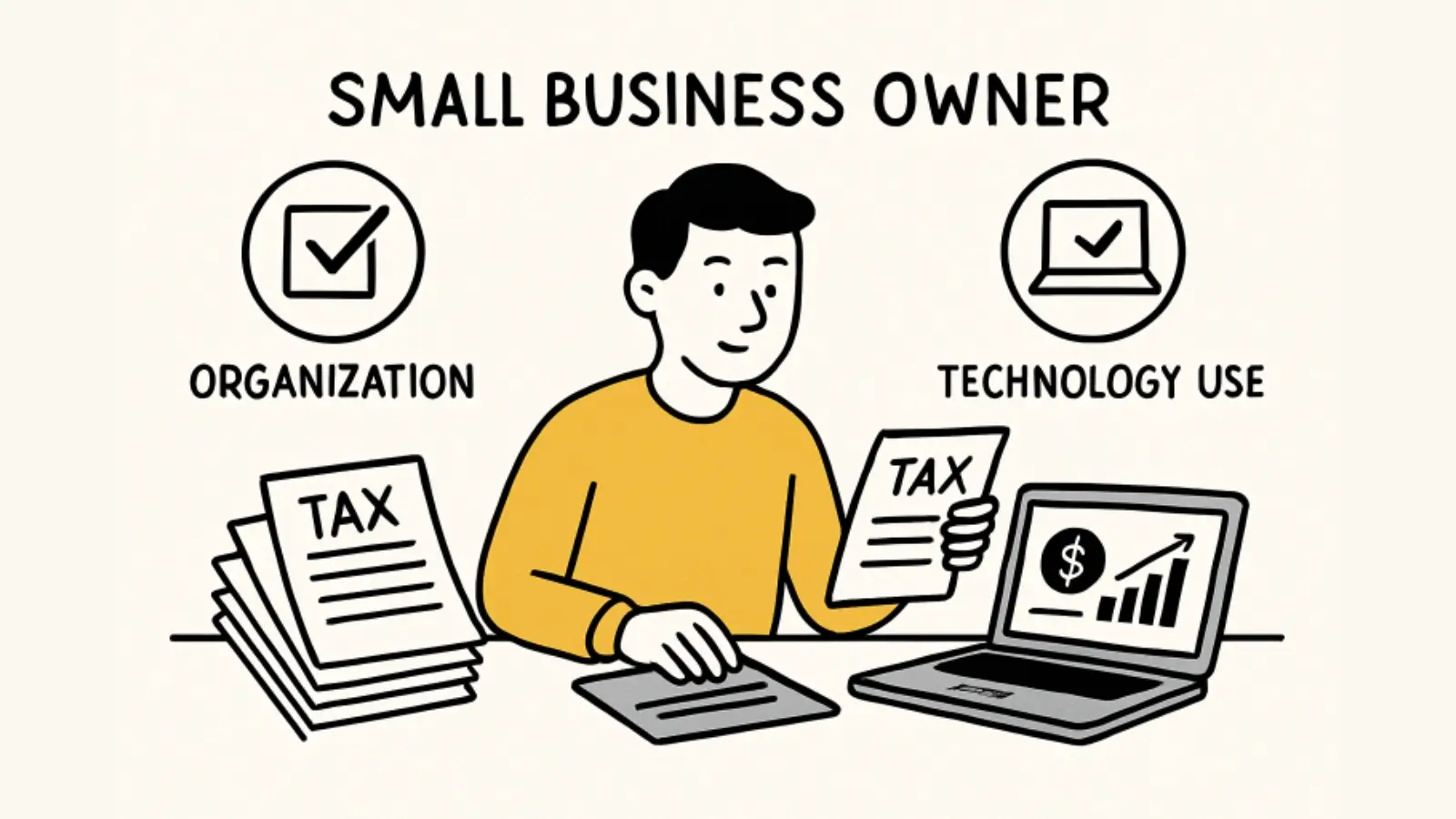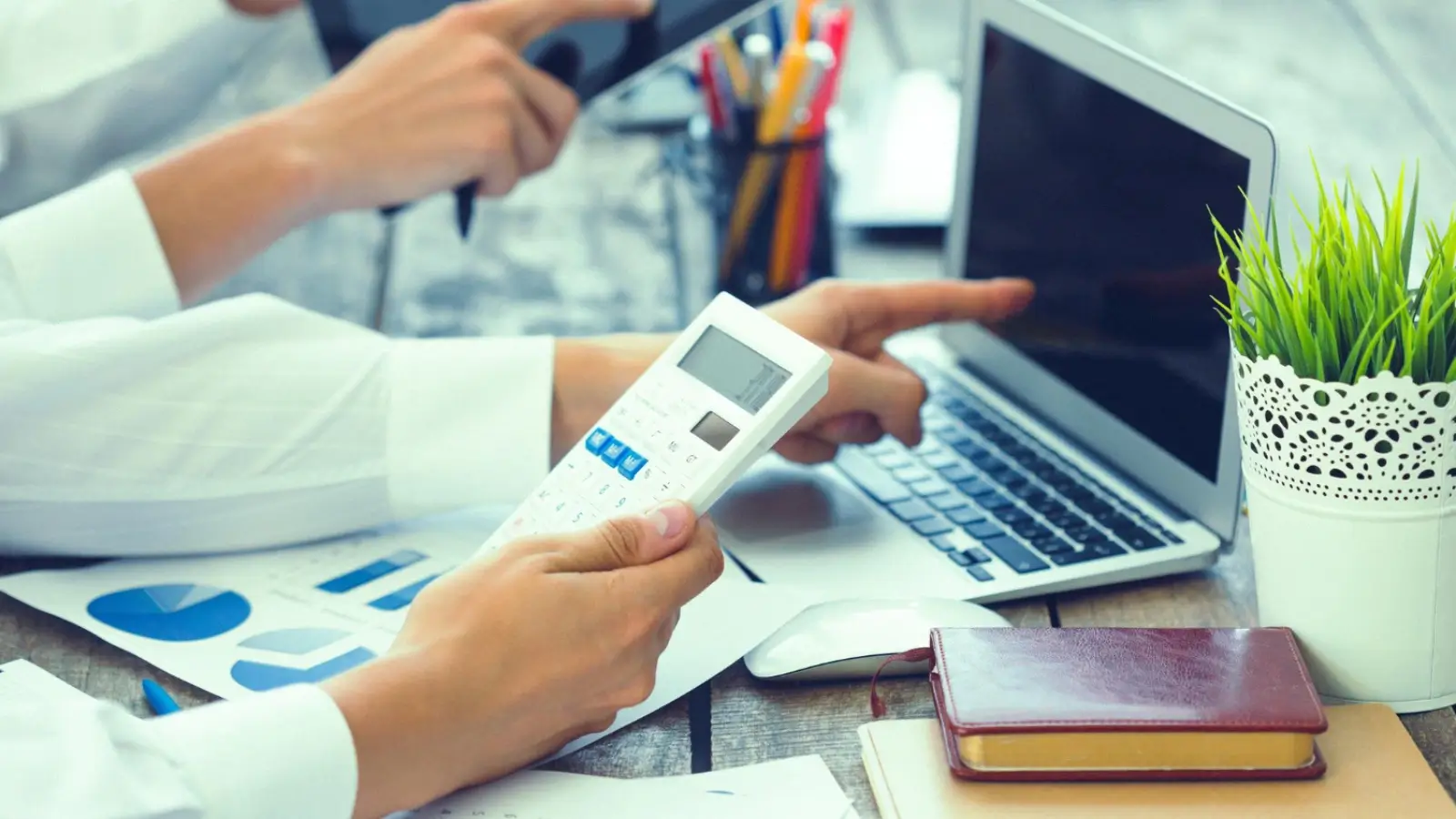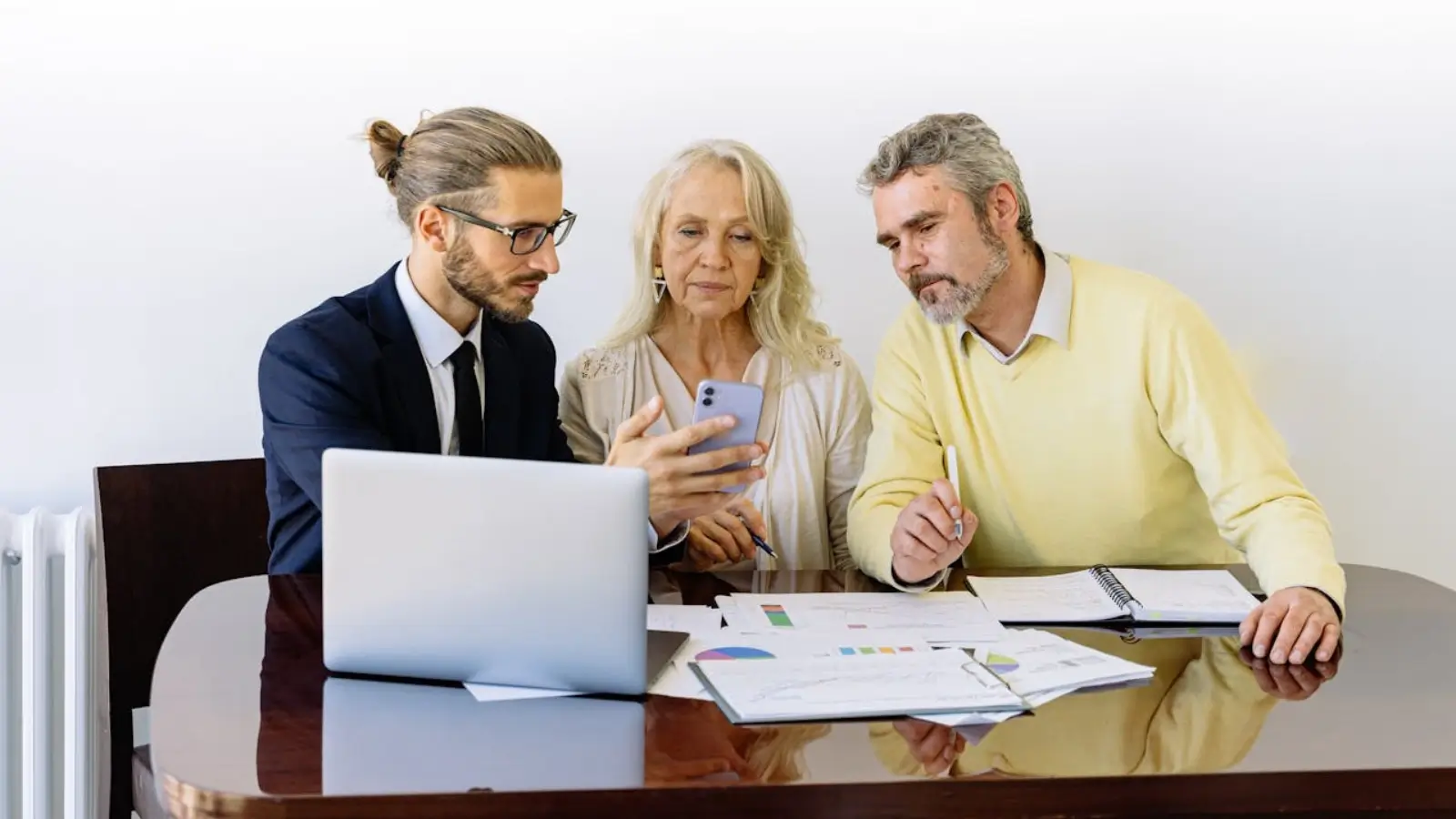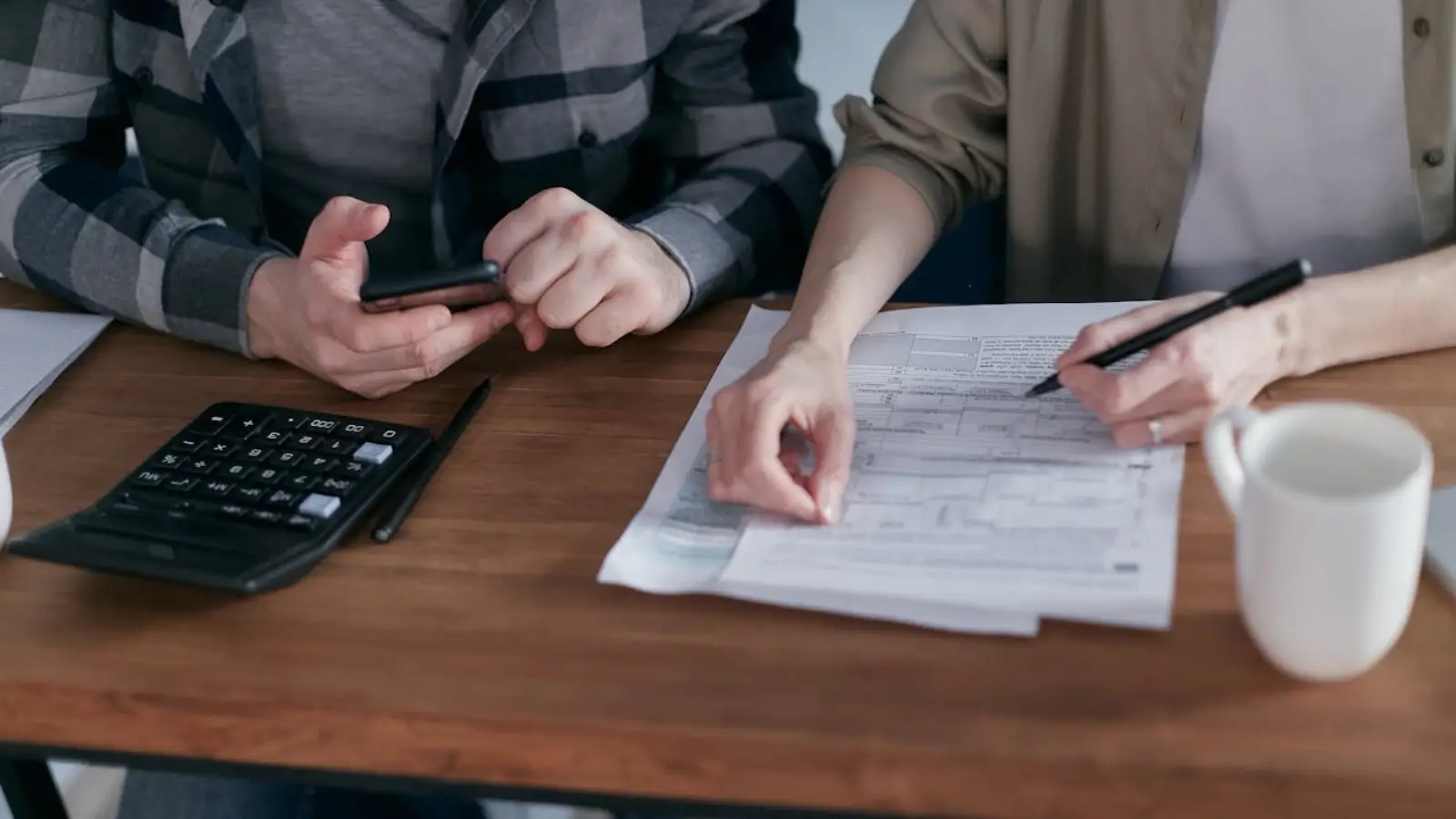Unused credit cards might seem harmless, sitting quietly in your wallet or tucked away in a drawer. However, they can pose surprising security risks if not managed properly. Regular vigilance and proper disposal are essential to minimize these risks and protect your financial well-being. For those already managing debt or financial challenges, including participants in debt relief programs, understanding the potential vulnerabilities of unused cards is an important part of maintaining a strong financial defense.
Why Unused Credit Cards Are a Target
Unused credit cards often don’t get much attention, but that can make them a prime target for fraudsters. If someone steals your card information, they might test the card for activity. Because unused cards often go unchecked, fraudulent charges might go unnoticed longer than on active accounts. This delay increases the chances of significant unauthorized spending before you catch it.
Fraudsters also look for cards with high credit limits, which unused cards may have, offering them more spending power. Staying alert to this possibility is key, especially if you have multiple credit cards.
Regular Monitoring Is a Must
One of the best ways to protect yourself from the risks associated with unused credit cards is to monitor your accounts regularly. Even if you don’t use the card, check your statements or online accounts frequently to spot any unauthorized charges quickly.
Setting up account alerts can help you stay informed about any activity, such as purchases, changes in balance, or even login attempts. Quick detection of fraud means faster resolution and less damage to your credit and finances.
If debt has become overwhelming and you’re juggling multiple cards, enrolling in Debt Relief Programs can also assist in consolidating accounts and focusing on financial recovery, which can simplify monitoring.
The Risks of Physical Card Theft
Beyond digital fraud, physical theft of unused cards is a risk. Unused cards are often forgotten in wallets, purses, or drawers, making them vulnerable if lost or stolen. Someone finding an unused card could attempt to activate it or use it if it’s already active.
Taking steps to store your cards securely and disposing of old cards safely helps minimize this risk. Remember, even cards you don’t use need protection as much as your active accounts.
Proper Disposal and Card Destruction
When you decide to close or stop using a credit card, simply tossing it in the trash is not enough. Proper disposal is critical to prevent criminals from retrieving your information from discarded cards.
Shredding your credit cards or cutting them into tiny pieces, especially through the magnetic strip and chip areas, ensures that no one can reconstruct the card. Avoid throwing cards in recycling bins or regular trash without destroying them.
This step is part of good financial hygiene and helps prevent identity theft and fraud.
Consider the Impact of Closing Unused Cards
While closing unused credit cards might seem like the best way to eliminate risk, it’s important to consider how this affects your credit score. Closing accounts can reduce your overall available credit, which may increase your credit utilization ratio—a key factor in credit scoring.
Instead of closing cards right away, some experts recommend keeping them open but unused, as long as you keep them secure and monitor for fraud. This approach maintains credit limits and helps your credit score but requires vigilance.
If managing multiple cards and debts feels overwhelming, Debt Relief Programs can provide guidance on which accounts to focus on and strategies for debt management.
Protecting Yourself Beyond the Cards
Remember that security doesn’t stop with the physical card. Your personal information linked to the card, such as account numbers and passwords, also needs protection. Avoid sharing sensitive information and be cautious about where and how you store it.
Using strong, unique passwords for online accounts and enabling two-factor authentication adds layers of security. Keeping your contact information updated with your card issuer ensures you receive alerts and communications promptly.
How to Handle Suspicious Activity
If you notice any suspicious charges or activity on an unused credit card, act quickly. Contact your card issuer immediately to report the fraud. Most companies have dedicated fraud departments and zero-liability policies to protect you.
They may cancel the compromised card and issue a new one while investigating the activity. Acting fast reduces potential losses and helps safeguard your credit.
For those struggling to keep up with multiple cards or debt, integrating this vigilance with support from Debt Relief Programs can make a big difference in financial recovery.
Balancing Convenience and Security
Keeping unused credit cards can offer benefits like maintaining credit history length or available credit limits. However, balancing these advantages with security risks is important. Regularly reviewing your cards, deciding which to keep or close, and maintaining good security practices ensures you benefit from your credit while minimizing risk.
This balance allows you to manage your finances confidently without feeling overwhelmed by security concerns.
Final Thoughts
Unused credit cards might seem like a non-issue, but they come with hidden security risks that require regular attention. Monitoring accounts, protecting physical cards, properly disposing of old ones, and understanding the impact of closing cards all play a role in financial security.
If debt or financial stress is part of your story, seeking help from Debt Relief Programs can simplify your financial life and improve your ability to manage these risks. Being proactive about your unused credit cards helps protect your credit and peace of mind, ensuring your money stays safe now and in the future.

